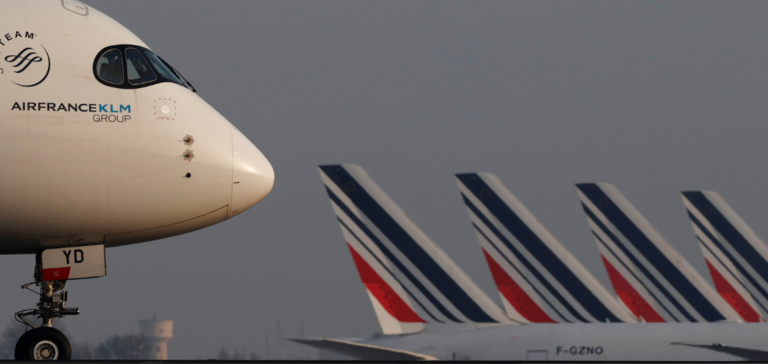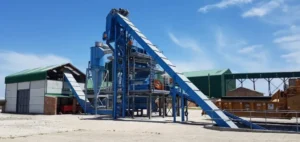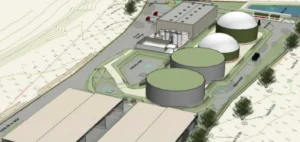In an ambitious move to reduce its carbon footprint, Air France-KLM has announced a strategic investment in a sustainable aviation fuel (SAF) plant. Indeed, this commitment represents a first for the Franco-Dutch aerospace group, underlining its determination to find solutions to achieve carbon neutrality by 2050.
The Growing Importance of FAS
Sustainable Aviation Fuel (SAF) is recognized as the principal means by which airlines can significantly reduce their CO2 emissions. However, production remains insufficient to meet growing demand. In response, Air France-KLM has invested $4.7 million in the future DG Fuels plant, based in Louisiana, USA. This strategic investment is aimed at establishing a diversified supply network capable of meeting SAF’s needs worldwide.
Strategic agreements for the future
This step forward is in line with Air France-KLM’s overall strategy of actively participating in the development of SAF’s production capacity. The Group has also announced an option to purchase up to 75,000 tonnes of SAF per year from DG Fuels, with first deliveries scheduled for 2029. This initiative completes the supply contract signed in October 2022 for 600,000 tonnes of SAF, with deliveries extending from 2027 to 2036.
Air France-KLM’s Commitment to Sustainability
Air France-KLM’s commitment to sustainable fuels is not limited to this investment. The company has signed several significant agreements, notably with Neste, for the delivery of one million tonnes of sustainable fuel between 2023 and 2030, and with TotalEnergies for the acquisition of 800,000 tonnes of SAF over a ten-year period.
EU SAF objectives and standards
These steps place Air France-KLM in a position to use SAF, which will account for around 17% of global production by 2022, compared with just 3% of its total aviation kerosene consumption. This significant advance demonstrates the Group’s commitment to reducing its environmental impact in a sector that has traditionally consumed fossil fuels. The European Union imposes gradual obligations for the incorporation of SAF in aviation kerosene, setting progressive targets until at least 70% is achieved by 2050. Air France-KLM aims to include a minimum of 10% SAF in its energy mix by 2030. SAF can reduce CO2 emissions by up to 80% compared with conventional kerosene, according to the International Air Transport Association (Iata).
Air France-KLM’s investment in sustainable aviation fuel marks a crucial step in the fight against climate change in the airline industry.






















